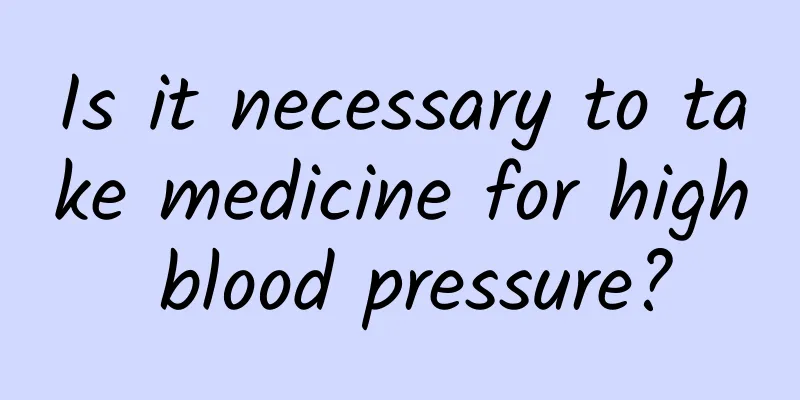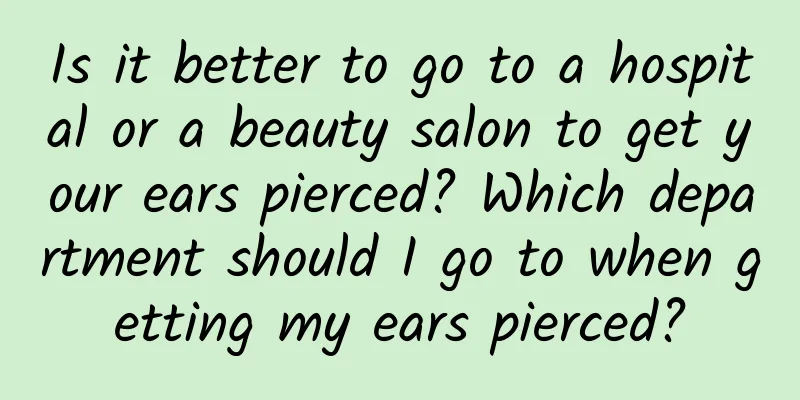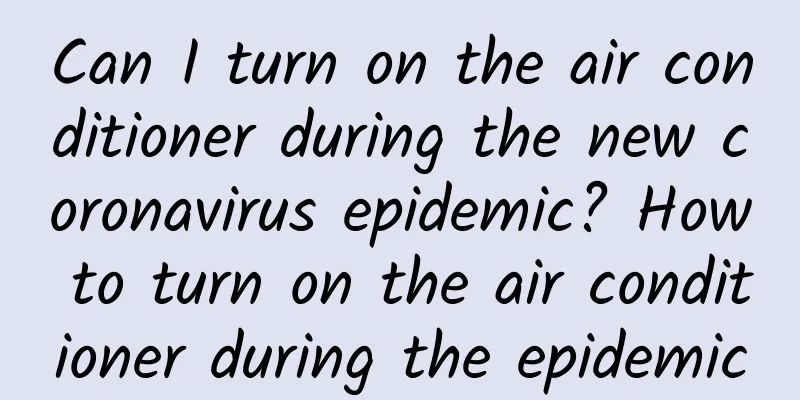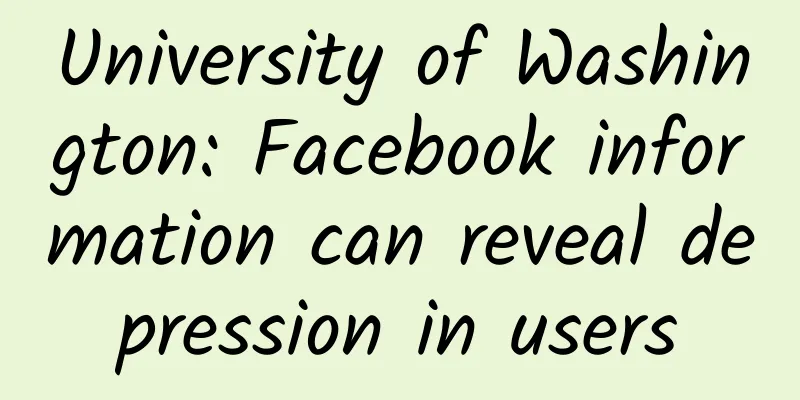Is it necessary to take medicine for high blood pressure?

|
Nowadays, with the improvement of people's living standards, more and more people suffer from high blood pressure. If you have more contact with this group, you will definitely find an interesting phenomenon, that is, some patients with high blood pressure need to take medicine, while some patients with high blood pressure do not need to take medicine. Are you curious about why this is? Some people may say that of course only patients with severe hypertension need to take medicine, and those with mild hypertension do not need to take medicine. This statement is certainly correct, but do you know what kind of hypertension is considered severe? To answer the above questions one by one, let's first briefly explain what blood pressure is considered high blood pressure. Open any textbook, and the definition of high blood pressure is the same: without taking antihypertensive drugs, the systolic blood pressure (SBP) is ≥140mmHg and (or) the diastolic blood pressure (DBP) is ≥90mmHg when the blood pressure is measured in the clinic three times on different days. According to the level of blood pressure increase, hypertension is further divided into Grade 1 hypertension: SBP 140-159 mmHg and (or) DBP 90-99 mmHg; Grade 2 hypertension: SBP 160-179 mmHg and (or) 100-109 mmHg; Grade 3 hypertension: SBP ≥ 180 mmHg and (or) DBP ≥ 110 mmHg. Grade 1 is mild, Grade 2 is moderate, and Grade 3 is severe. Not all hypertension has clinical symptoms. In fact, there are fewer symptoms in the early stages of hypertension. About half of patients accidentally discover that their blood pressure is elevated after measuring their blood pressure during a physical examination or other medical consultation. Common symptoms include headache, dizziness, and palpitations. Hypertension is serious because it is often combined with other cardiovascular risk factors, target organ damage and clinical diseases. For example, high blood pressure will increase the burden on the heart, leading to heart enlargement, arrhythmia and repeated heart failure. For another example, hypertension is an important factor leading to atherosclerosis, which can cause coronary heart disease, cerebral thrombosis and so on. Once these complications occur, they will endanger our health, so it is indeed necessary to effectively control high blood pressure. But this does not mean that you must rely on medication. Whether to choose to take medicine depends on the level of cardiovascular risk assessment. Let’s see at what level of hypertension it is necessary for patients to take medication. First, only patients whose blood pressure still exceeds 140/90 mmHg and/or the target level after improving their lifestyle should start drug treatment. For high-risk and very high-risk patients, antihypertensive drug treatment should be started in a timely manner. The high-risk here refers to patients with grade 3 hypertension or grade 1/2 hypertension with ≥3 risk factors (smoking, drinking, etc.) or target organ damage, and very high risk refers to patients with grade 1/2 hypertension with clinical complications or diabetes, or patients with grade 3 hypertension with ≥1 risk factor. For patients at moderate risk, they should be observed for several weeks, target organ damage should be assessed, and lifestyle should be improved. If blood pressure still does not reach the target blood pressure, medication should be started. The moderate risk here refers to patients with grade 2 hypertension or grade 1/2 hypertension with 1-2 other risk factors. For low-risk patients (stage 1 hypertension), they can be observed for 1-3 months to assess target organ damage and be advised to improve their lifestyle. If blood pressure is still not up to standard, they can start taking medication. Therefore, not all patients with high blood pressure need to take medicine at the beginning. Those who have hesitated whether to take medicine because of their high blood pressure may wish to go to the hospital for a check-up first, let the doctor assess which condition they belong to, and then listen to the doctor's advice to decide whether to take medicine, instead of taking medicine when you measure your blood pressure and find that it is high. After all, medicine is three-point poison, so try not to take it when it is not necessary. References: Du Xiaoli, Wang Qiumei, et al., Comprehensive Knowledge and Skills of Pharmacy, 8th Edition, China Medical Science and Technology Press, 2021, P240 |
<<: As long as you gain weight, your risk of decreased kidney function increases!
>>: Are you a high-risk group for getting offline at the slightest disagreement?
Recommend
Is vaginal tightening surgery useful?
The vagina has a certain self-tightening function...
Acne on chin due to delayed menstruation
Many people want their menstruation to come on ti...
A brief discussion on the principle of the magical "stellate ganglion" in treating sympathetic cervical spondylosis
In recent years, the number of people suffering f...
Is it easy to get killed by washing your hair first when taking a shower?
Popular saying: Bathing order: wash your face fir...
What is Alzheimer's disease? 7 steps into One Hundred Years of Solitude
Author: SELF Gezhi Lundao Forum The article comes...
Treatment for blocked breast
People will feel very uncomfortable when the brea...
What is the reason why the leaves of the lucky tree are curled and uneven? What should I do if the leaves of the lucky tree are curled and uneven?
The lucky tree is a common flower in life. Becaus...
Infonetics: Global telecom wireless equipment market forecast to reach $3.9 billion in 2017
The latest research from market research firm Inf...
Is it good for women to drink more brown sugar water?
Generally speaking, women's body is much weak...
Will having a hysterectomy make you age faster?
I believe that every woman loves beauty very much...
Can teacup dogs eat nutritional paste? What food is most suitable for teacup dogs?
Teacup dogs are quite common in life. They are lo...
Why is there abnormal vaginal discharge and vulvar itching?
Abnormal leucorrhea and vulvar itching are one of...
The relationship between cervical erosion and irregular menstruation
There are many reasons that can cause irregular m...
How to remove the mole above the left corner of a woman's mouth
Women's love of beauty is natural, and there ...
What is uterine prolapse surgery?
I believe everyone knows the importance of the ut...









